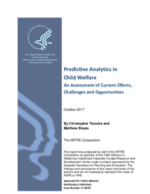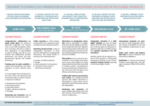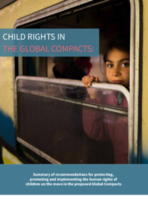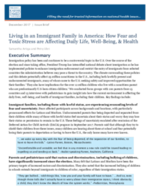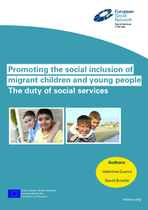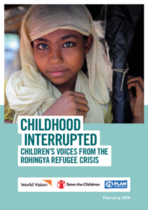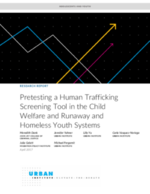Predictive Analytics in Child Welfare An Assessment of Current Efforts, Challenges and Opportunities
This document explores the state of the use of predictive analytics in child welfare by conducting an environmental scan of child welfare agencies, academia, nonprofit organizations, and for-profit vendors in the United States.

